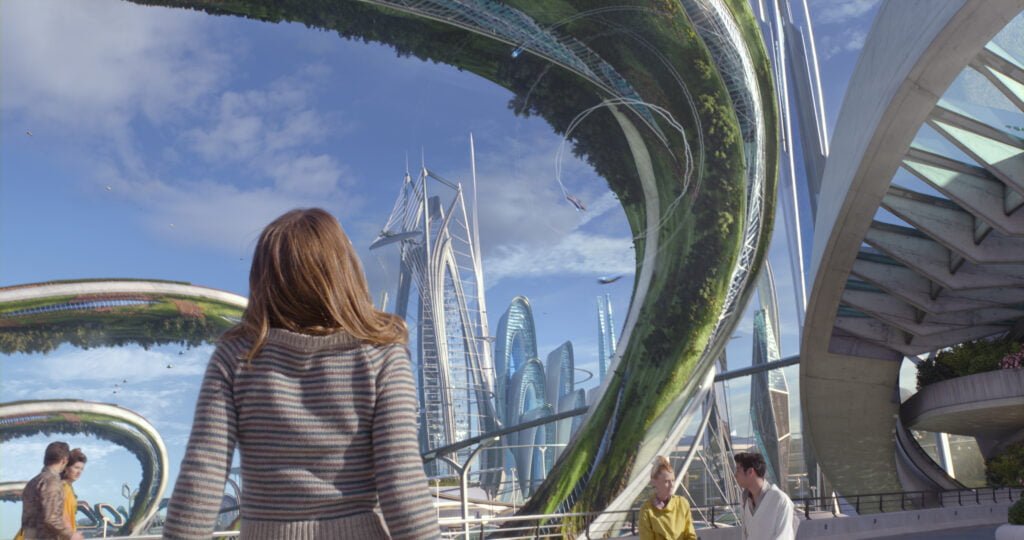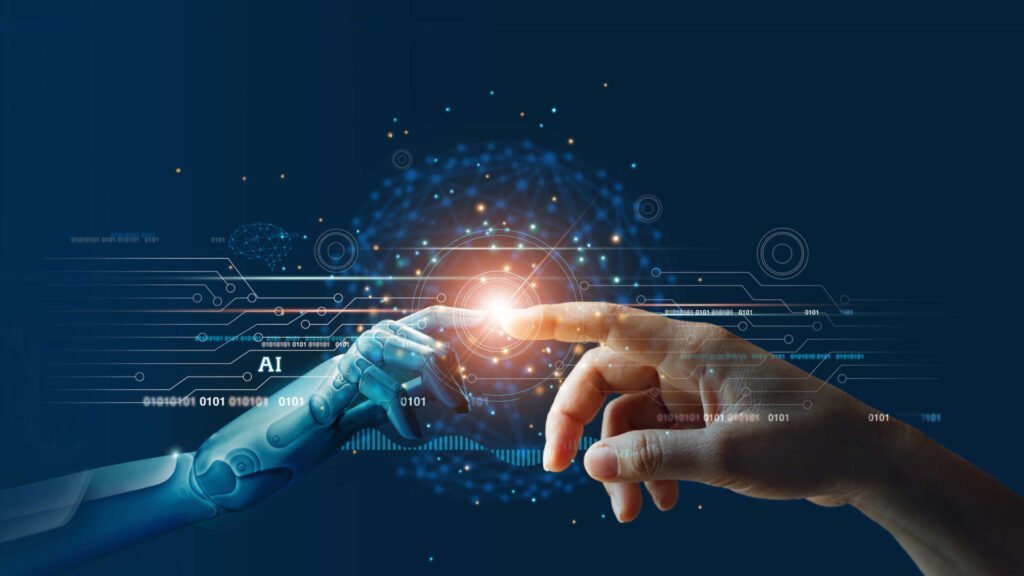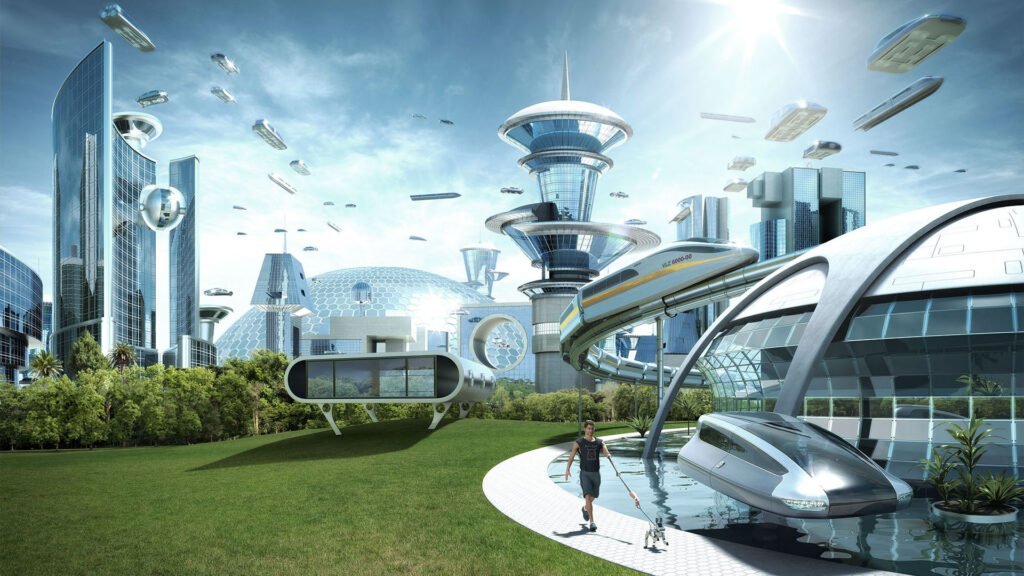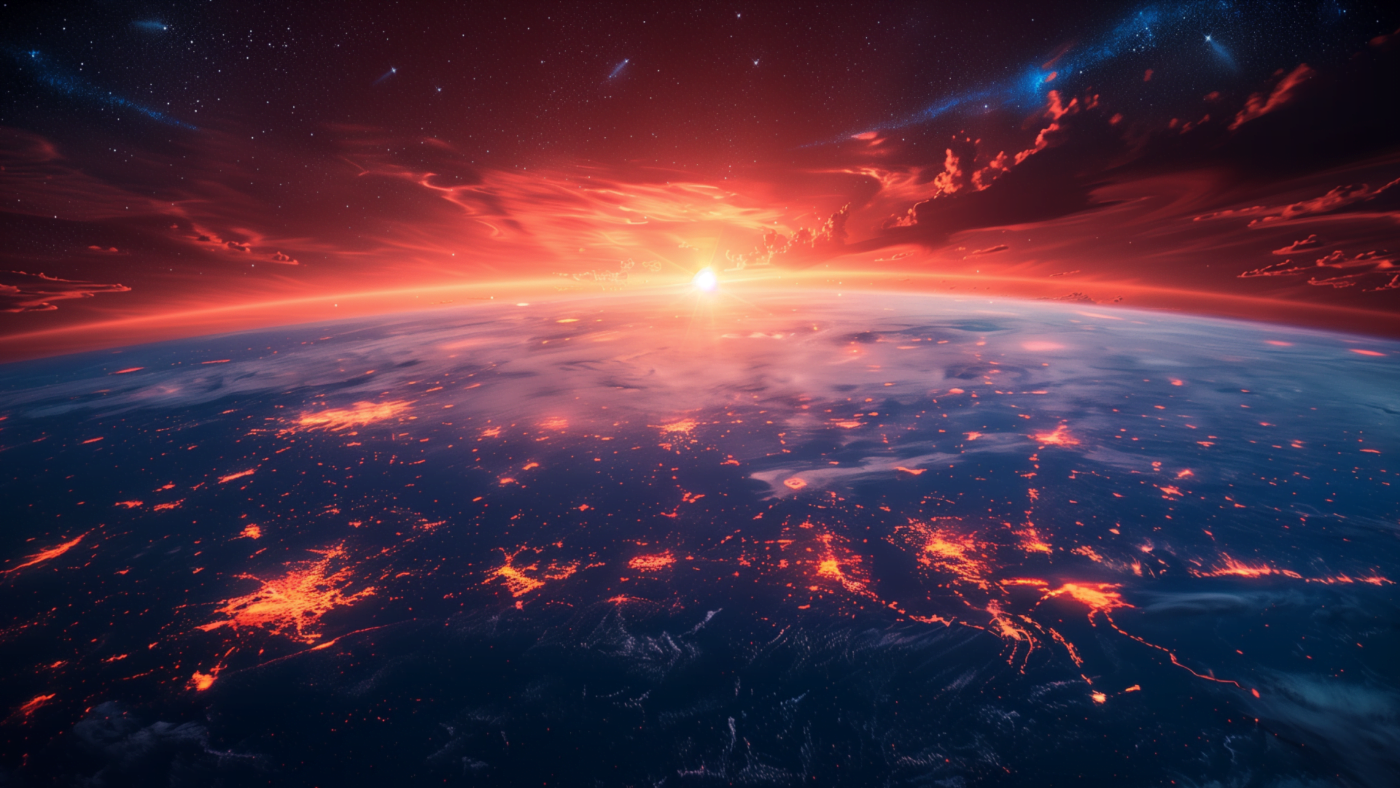What will the world be like in the future? This is a question that has intrigued humanity for centuries. As we move further into the 21st century, the rapid pace of technological, environmental, and social changes makes this question even more pertinent. In this article, we will explore various aspects of how the future world might evolve, including technological advancements, environmental challenges, and societal transformations.

The Impact of Technological Advancements (Future of World)
One of the most significant factors shaping the future world is technology. Over the past few decades, we have witnessed exponential growth in fields like artificial intelligence (AI), biotechnology, and quantum computing. These technologies are expected to revolutionize industries, economies, and everyday life.
Artificial Intelligence (AI): AI is likely to play a central role in the future, with advancements in machine learning and automation transforming sectors such as healthcare, education, and manufacturing. AI-driven robots could handle tasks ranging from surgery to customer service, leading to increased efficiency and possibly a reduction in human labor demand.
Biotechnology: Biotechnology advancements may lead to significant breakthroughs in medicine, including personalized treatments and gene editing techniques like CRISPR. These developments could extend human lifespan and improve the quality of life, but they also raise ethical questions about human enhancement and genetic modification.
Quantum Computing: Quantum computing has the potential to solve complex problems that are currently beyond the capabilities of classical computers. This could lead to advancements in cryptography, materials science, and even the simulation of complex biological systems.

Environmental Challenges and Sustainability
The future world will also be heavily influenced by environmental challenges. Climate change, resource depletion, and biodiversity loss are pressing issues that require global cooperation and innovative solutions.
Climate Change: As global temperatures rise, the effects of climate change are becoming increasingly evident. Extreme weather events, rising sea levels, and shifting ecosystems could drastically alter the world as we know it. Future efforts will need to focus on reducing carbon emissions, transitioning to renewable energy sources, and developing climate-resilient infrastructure.
Sustainability: The concept of sustainability will be crucial in addressing environmental challenges. This includes the adoption of circular economy principles, where waste is minimized, and resources are reused. Sustainable agriculture, responsible consumption, and conservation of natural habitats will be essential in preserving the planet for future generations.
Urbanization and Smart Cities: As the global population continues to grow, urbanization will accelerate. The future may see the rise of smart cities, where technology is integrated into urban planning to improve efficiency, reduce pollution, and enhance the quality of life for residents. These cities could feature advanced public transportation systems, energy-efficient buildings, and widespread use of renewable energy.

Societal Transformations and Globalization
The world is also likely to undergo significant societal transformations driven by globalization, demographic shifts, and cultural changes.
Globalization: Globalization will continue to shape the world by increasing connectivity and interdependence among nations. This could lead to more cultural exchange, economic collaboration, and potentially, the resolution of global conflicts through diplomacy. However, globalization may also exacerbate inequalities and create new challenges related to cultural identity and national sovereignty.
Demographic Changes: The global population is expected to reach nearly 10 billion by 2050, with significant growth in regions like Africa and Asia. This demographic shift will impact everything from labor markets to healthcare systems. Aging populations in developed countries may strain social welfare programs, while younger populations in developing regions could drive economic growth if given the right opportunities.
Cultural and Social Shifts: The future will likely see shifts in cultural norms and social values. Issues like gender equality, human rights, and social justice are expected to remain at the forefront of global discourse. Technological advancements, such as social media and virtual reality, will continue to influence how we interact, communicate, and perceive the world.

Conclusion
What will the world be like in the future? The answer to this question is complex and multifaceted. The future world will be shaped by technological innovations, environmental challenges, and societal transformations. While the exact trajectory of these changes is uncertain, it is clear that they will have profound implications for humanity. By understanding these trends and preparing for the challenges and opportunities they present, we can help shape a future that is sustainable, equitable, and prosperous for all.
References:
- 4 ways AI can super-charge sustainable development | World Economic Forum
- Environmentally sustainable smart cities and their converging AI, IoT, and big data technologies | Energy Informatics
- Green Artificial Intelligence: Towards an Efficient, Sustainable and Equitable Technology for Smart Cities | MDPI
- Deep Learning and Artificial Intelligence in Sustainability: A Review | MDPI












It’s scary, thankfully I won’t get to see those times